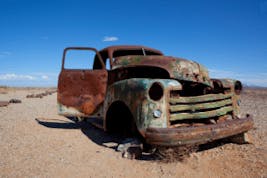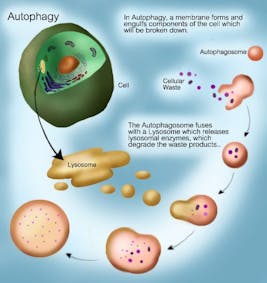IThinkImTurningJapanese
Senior Member
- Messages
- 3,491
- Location
- Japan
Thanks so much to @Wayne for introducing me to this idea, and @Ema for sharing freely how much keto has helped her. 
According to r/keto,
So, after fasting overnight I started with a zero carb breakfast, with lots of fat! Can't even think of eating for the next twelve hours this way. I don't have test strips, but I am near certain I am entering ketosis.
I then end the day with a carbohydrate rich meal. Very intermittent ketogenesis.
I wait a few days and then I try again. The first 4 or 5 times I have felt quite ill, although very stimulated by it.
Today, no nausea and I have enjoyed quite a boost of energy.
I don't want to do a Ketogenic diet, it will separate me from the communal aspects of a meal. My family eats a lot of rice. But this is a very powerful tool, and this may just be one way that those who are very ill can tolerate it.
But this is a very powerful tool, and this may just be one way that those who are very ill can tolerate it.
According to r/keto,
Ketosis begins when liver glycogen is depleted, and the amount of glycogen in the liver only provides enough glucose for 12-16 hours.
So, after fasting overnight I started with a zero carb breakfast, with lots of fat! Can't even think of eating for the next twelve hours this way. I don't have test strips, but I am near certain I am entering ketosis.
I then end the day with a carbohydrate rich meal. Very intermittent ketogenesis.
I wait a few days and then I try again. The first 4 or 5 times I have felt quite ill, although very stimulated by it.
Today, no nausea and I have enjoyed quite a boost of energy.
I don't want to do a Ketogenic diet, it will separate me from the communal aspects of a meal. My family eats a lot of rice.


